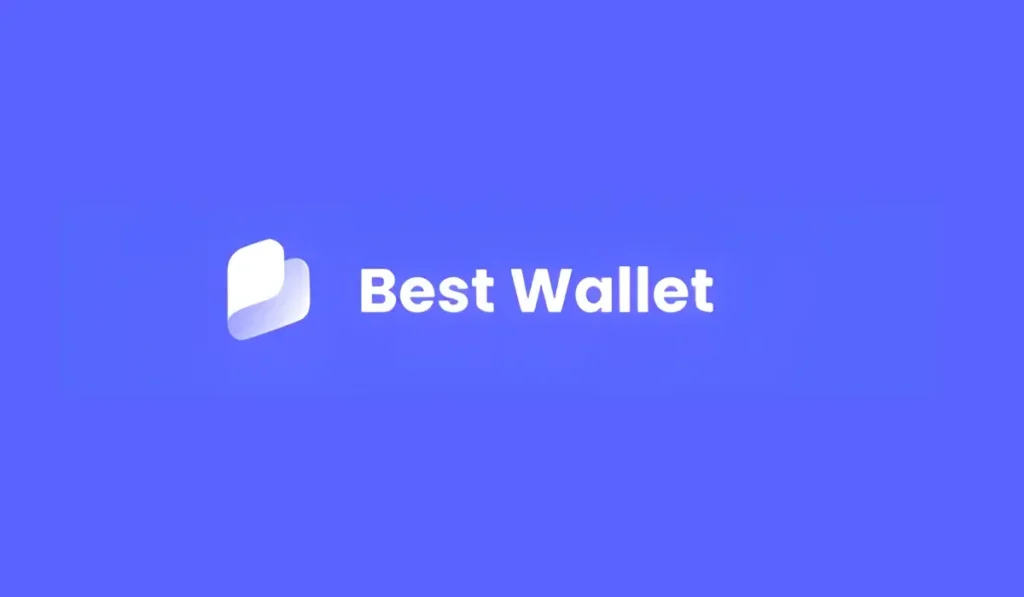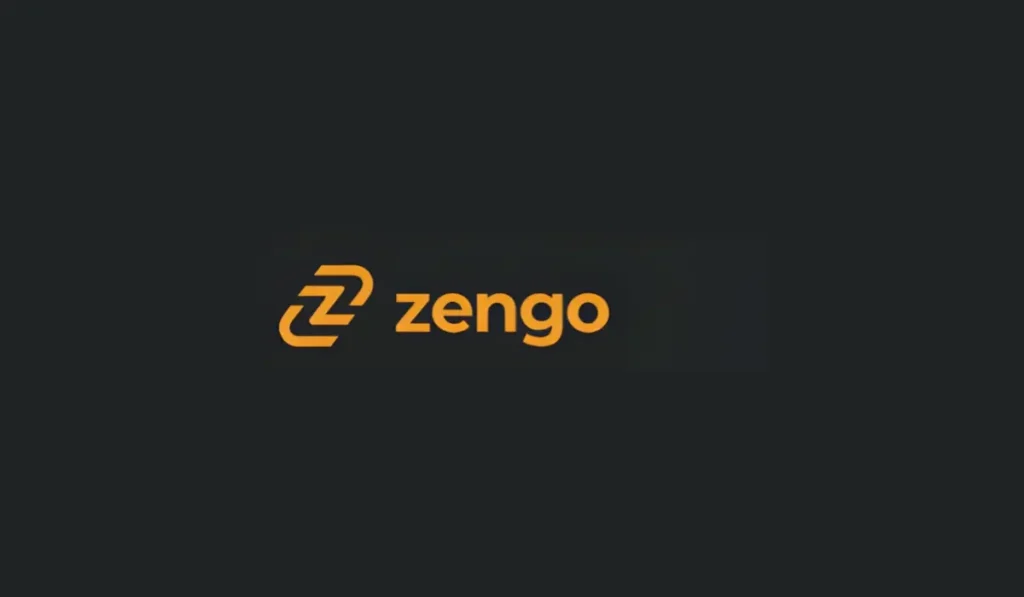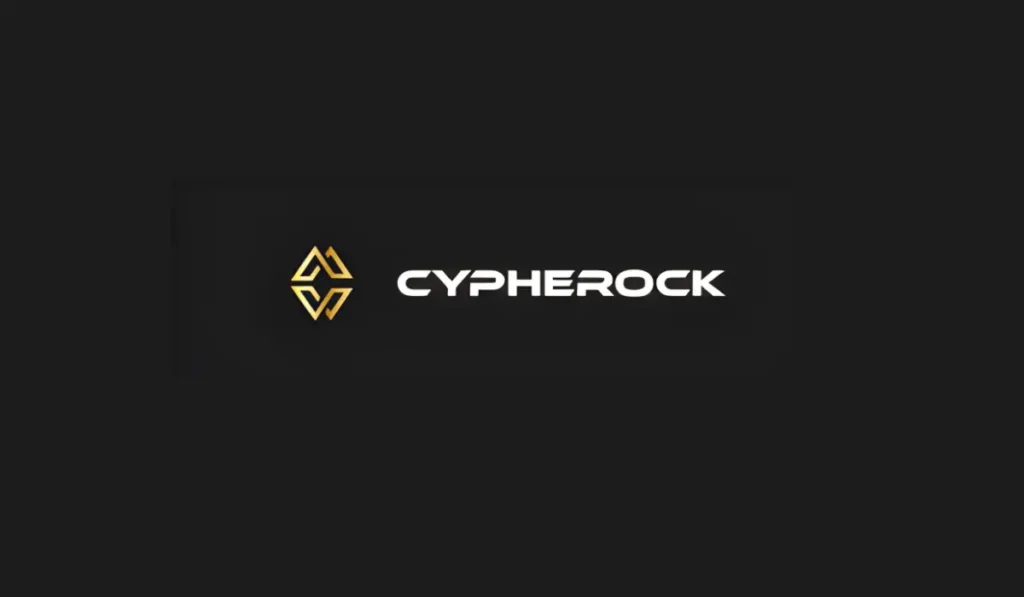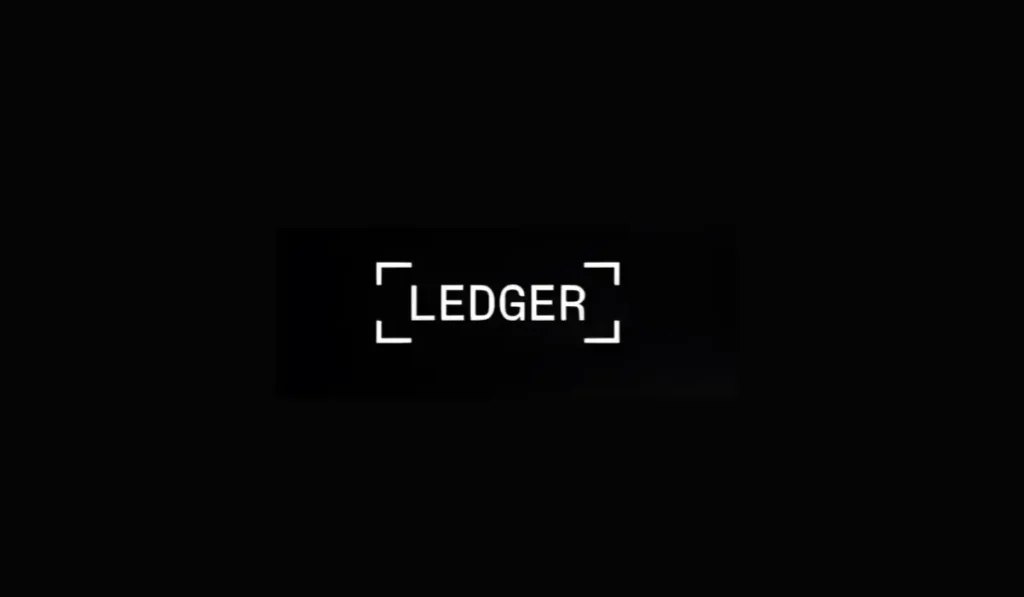Best Anonymous Crypto Wallets in 2025 for Safe & Private Transactions

A wallet that respects the privacy of its users is a great priority for many. It is a very important safety feature as well. With limited personal information being communicated, the loss of personal data is much less in the case of an attack or breach.
While centralized exchanges are bound by regulatory frameworks to collect as much data about their users as possible, anonymous wallets will allow their users to transact cryptocurrencies without any form of surveillance.
In this article, we will look at the five top anonymous wallets for 2025 that respect your privacy and ensure your safety.
Overview of Our Choices
| Rank | Wallet | Wallet Type | Price |
|---|---|---|---|
| 1 | Best Wallet | Hot (software) wallet | Free to download |
| 2 | Zengo Wallet | Hot (software) wallet | Free to download |
| 3 | Cypherock Wallet | Cold (hardware) wallet | $99–$249 |
| 4 | Ledger Wallet | Cold (hardware) wallet | $79–$399 |
| 5 | Tangem Wallet | Cold (hardware) wallet | $54.90–$150 |
Method Behind The Selection and Ranking
Security & Privacy
The primary factor we look for in an anonymous wallet is security and privacy. The wallet must be self-custodial. This implies that you have sole ownership of your private keys and no third party is involved in the process. For an added layer of security, the wallet must have strong encryption. It must also have an open source code for community verification. The wallet should never collect any personal information and should pass third-party security audits.
Reputation & Trust
The track record of the wallet provider must be clear. The primary check refers to whether they have suffered any previous breaches during attacks. The second parameter is the community’s approach to these wallets, how much they trust them, and what their experience is with one of these wallets. The third factor in this category is how transparent the development practices are.
Transaction Privacy
Your on-chain transaction activity should remain private; otherwise, that wallet cannot be considered to be truly anonymous. This includes obscuring your fund origins, with no details available about your IP address, etc.
Anonymity Level
A truly anonymous wallet should never collect your IP address; it should not ask for personal information such as name, email address, or phone number. No behavioral trackers should be embedded in these wallets if they are to be anonymous. They shouldn’t collect telemetry data as well.
Crypto and Blockchain Support Level
The wallet should be able to operate on multiple blockchains. The wallet should also be able to handle multiple tokens, which gives you more options and features if you decide to shift from a coin or network. The wallet will be ranked higher if it can perform cross-chain transfers without the need for an external bridge service.
dApp Support
The wallet should be able to connect to Web 3 applications via protocols like WalletConnect. It should also allow access to decentralized finance systems for easier access to on-chain activities.
Backup & Recovery Options
In case of a loss of the device, the account recovery process should be realistically easy. There are priorities to seed-phrase backup, multi-signature setups, and social recovery, where multiple trusted accounts can be used to recover funds.
Best Wallet – Rank 1

Best Wallet is a non-custodial software wallet that supports over 150 assets and with 60+ blockchains incoming. This wallet absolutely dominates the anonymous wallet segment. It operates on mobile devices. It has no KYC and a very intuitive user interface, and hardcore privacy features. The setup of this wallet is also fairly easy. The first step is to download the wallet. Then you have to back up the seed phrase, in case you need a wallet recovery.
Best Wallet has an additional feature where you can import hardware wallets from Ledger and Trezor. This gives you the convenience of a hot wallet while offering you the security of a cold wallet.
The security features include biometric authentication, encrypted key storage, and 2FA (Two-factor authentication). The wallet can connect directly to DeFi (Decentralized Finance) protocols. The wallet also undergoes a third-party audit and has no history of any previous breaches.
There is, however, one single problem with this wallet: if you want to buy cryptocurrency using fiat, you have to provide KYC details.
Zengo Wallet – Rank 2

The Zengo wallet has an MPC (Multi-Party Computation) feature that allows it to eliminate the need for seed phrases. Storing seed phrases is a hassle and one of the reasons why most people never use self-custodial wallets.
With the MPC feature, Zengo allows a hassle-free onboarding. In MPC technology, the private key is split into three equal shares. The user holds one share, the Zengo server stores one share, and you control the third recovery file. At no time can any party other than the user have access to all three shares, making it extremely safe to use.
There are over 120 assets available on Zengo Wallet. With popular blockchains, Zengo offers other not-so-common blockchains as well.
However, Zengo’s MPC feature may not be that attractive to purists who consider having the seed phrase-level security a must.
Cypherock – Rank 3

Cypherock is a hardware cold wallet that offers the most premium security and anonymity. This cold wallet operates its security under the SSS (Shamir Secret Sharing) scheme. With this security feature, the private key is split across four physical X1 cards. These cards are connected to the base device called the X1 vault.
Even with one card, you can access your assets, so keeping track of four cards is not necessary. This device uses the NFC (Near Field Communication) technology for signing transactions. It also comes with a tamper-proof screen. These features protect it against supply chain attacks and firmware exploits.
The setup of this device requires a computer; however, your private keys are never shared with your computer, protecting you even if your computer’s security has been compromised. The application by the name CySync handles the blockchain and portfolio management.
No KYC is needed for the purchase or use of this device.
Ledger Wallet – Rank 4

Ledger wallet is the legend among hardware wallets. It is one of the longest-running hardware wallets in the history of the crypto industry. For cold storage lovers, this wallet remains the industry standard. This wallet offers Bluetooth and NFC connectivity. The ledger wallet comes with a unique e-ink touchscreen. This touchscreen has a crisp display that lets you see properly and sign transactions accurately.
The private keys are stored on a high-security CC EAL6+ certified Secure Element chip, which prevents any attacks from stealing these private keys. This security standard is the same used by banks in storing sensitive data. Ledger supports more than twenty thousand cryptocurrencies over 100+ blockchains.
Tangem Wallet – Rank 5
Tangem wallet is a card-based wallet that comes with an EAL6+ certified chip. This is the security standard that is found in national ID cards with chips. The wallet looks like a credit card with NFC connectivity for portfolio management.
A single wallet comprises 3 cards. These cards are programmed with the same private key during initialization. One of the key features of Tangem is the ease of setup. You can simply unbox these cards, scan them with your phone, and set an access code. Thereafter, the access is limited to you only.
The private keys are always stored securely on the cards; they are never revealed, even during a transaction. Tangem comes with a mobile app that allows you to access DEX (Decentralized Exchange) services. The user interface is very slick and easy to operate.
Conclusion
As the end of 2025 nears, the demand for anonymous crypto wallets keeps growing. Users have realized the value of their privacy and are now interested in protecting it. It is this scenario that has increased the likelihood of anonymous wallets that are not data-hungry. They fit the true idea of decentralized finance.
The wallets reviewed here offer varying balances of convenience, security, and anonymity; the user can choose what fits their priority. Each of these wallets caters to different needs of the user; it is in that sense highly user-centric. Ultimately, the best wallet is one that empowers users to safeguard their assets and identity while enabling them to partake in the decentralized crypto ecosystem.
FAQs
An anonymous wallet is one where you can store your cryptocurrencies and access them whenever you want without having to reveal your identity details.
It helps protect your privacy and keeps your financial data safe from hackers and surveillance.
These wallets are legal in most countries; however, some countries may have regulations regarding their usage.
The wallet itself does not require any KYC procedures; KYC is required if you wish to purchase cryptocurrency in exchange for fiat through the wallet.
Cold wallets are generally safer since they store your private keys offline, away from any online threats; you access them only when you want to make a transaction.
Crypto & Blockchain Expert

